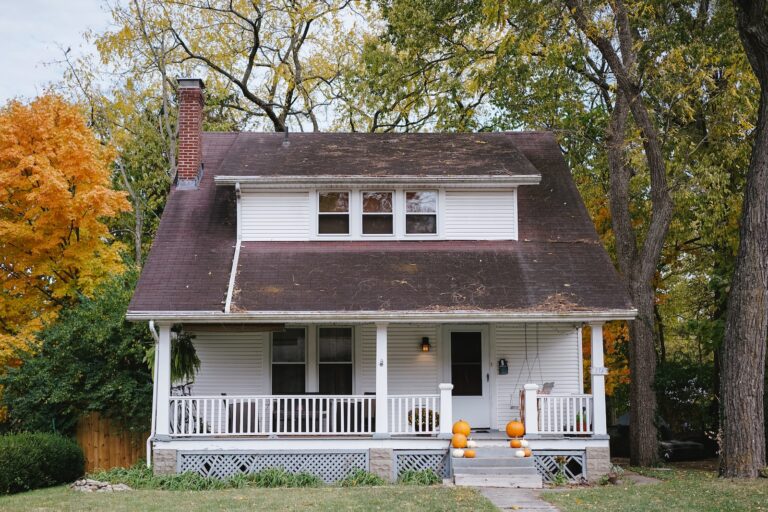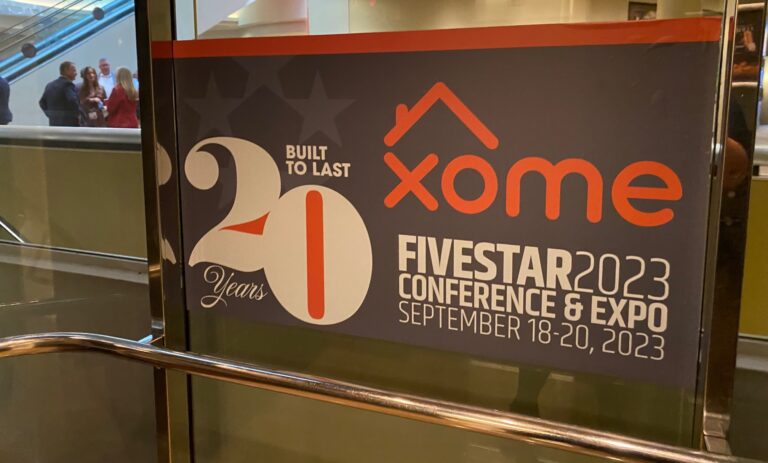If you’re interested in real estate auctions, some of your biggest questions might be about how to pay for a property at auction if you find yourself to be the highest bidder. Can you get a loan for an auction? Do you have to pay cash? Are there any other auction finance options?
Funding your property auction purchase may vary based both on the seller and the property type, and the details may be a little different from any previous property transactions you have experienced.
When you purchase an auction property, having readily available funding is key. Cash is often the preferred method of payment in these fast-paced sales. But depending on the specific auction property and seller, there may be multiple financing options available beyond just cash. Here are some of the funding sources you might see in real estate auctions:
Cash purchase
Cash is usually king when it comes to property auctions — it’s the most common form of payment used. Most properties that are sold at online or in-person auctions are cash only, meaning that the seller will only take cash as payment for the property. However, this doesn’t mean that you have to bring a briefcase full of bills. Payment typically takes the form of a cashier’s check, credit card, or debit card.
Not everyone will have cash in the bank to make a big purchase like a property. But even if the property you want doesn’t allow for financing, cash flow can also come in the form of monetary loans from family or friends who want to help fund a new home or even help back an investment purchase.
Just make sure you check the terms of the property you’re interested in so that you have the full amount you’re willing to bid on hand, plus any fees you may need to pay such as the buyer’s premium or earnest money deposit.
If you buy a property at an in-person auction, chances are you will be required to pay at the time of sale, meaning you cannot leave and go to the bank to get an exact amount.
Pro tip: You will want to come to an in-person auction prepared! Have a number of cashier’s checks in different amounts so that you can get as close to the final bid amount as possible.
Traditional mortgage
What if you truly don’t have an amount in the bank that would let you purchase a property outright? Some properties listed for online auction may show that they have financing available, meaning that you don’t necessarily have to have cash in hand to make the purchase.
Financing options may be different for each property in your auction search, and some properties may be able to be funded by a traditional mortgage.
A traditional mortgage is a loan provided by a lending institution such as a bank. This type of loan usually has requirements attached, which could be things like:
- A down payment from the buyer (typically 3-20% of the sales price)
- An appraisal and inspection of the property
- A good credit score from the buyer
Traditional finance options include fixed-rate, adjustable-rate, conforming (FHFA), non-conforming, and government-issued loans such as FHA, USDA, and VA.
Each particular loan type may have its own requirements and stipulations, so make sure you understand exactly what a potential loan may entail for you as a borrower.
In addition to your loan, make sure that you’ve got any down payment, earnest money, buyer’s premium, or other fees covered for your property purchase. You may be able to roll some of those things into your loan, depending on the terms.
Specialty loan
Some properties may show that they are eligible to be financed through a specialty loan. These are short-term loans specifically to provide capital for real estate investors. There are a number of different specialty loans, including:
- Fix and flip / bridge loans – These are also known as hard money loans. They are used for short-term financing and renovation of a property that is intended to be held for a short time and then sold for a profit.
- Debt-service coverage ratio (DSCR) loans – These are also known as investment loans or rental loans. Buyers qualify for DSCR loans based not on their personal income, but rather on the rental income from existing properties in their portfolio. These loans can be used to purchase a new rental property or refinance an existing one.
With a specialty loan, cash is paid directly from a third-party lender to the seller. The seller receives payment in full for the property at closing. These types of loans often don’t include any appraisal or inspection requirements or for the buyer to provide a down payment.
However, the buyer must have a solid credit score and the ability to pay back the loan to the third-party lender more quickly than a traditional loan, often within 3 to 12 months. Specialty loans also typically have higher interest rates than you would find in a traditional mortgage.
Non-traditional funding
In addition to the more well-known options, there are also a few non-traditional ways to pay for an auction property depending on your circumstances and the particular property.
FHA 203k loan
An FHA 203k loan is a traditional mortgage loan that includes a pre-approved amount for renovations. This is a great type of loan for properties you want to fix and flip as long as you’re willing to make the property your primary residence while you do the renovations.
This can be an attractive option for real estate investors who may not have the capital in hand to fund renovation efforts. By using an FHA 203k loan, you can finance a property through a mortgage at a low interest rate, write off closing costs and the interest paid each month on the loan, use the renovation budget to enhance the property, and then sell it for a profit.
Home equity line of credit (HELOC)
Also known as a home equity loan, this line of credit on your current primary residence is typically used to help fund renovations on your home or handle other expenses. But it can also be used as a source of capital to invest in other properties.
A HELOC loan usually has lower interest rates than other types of short-term or specialty loans, and the interest may be tax deductible.
It is possible to get a HELOC loan on an investment property, but this is considered by lenders to be a higher risk of default. There are much more strict requirements for qualification, interest rates would be higher than for a regular HELOC, and some lenders may not even offer the option.
An important step in your auction strategy
It’s key to make sure you have all the financing details ironed out ahead of time and all documentation ready to go so that you have a smooth experience when it comes to checkout and closing.
Remember, most auction properties are cash only — but there are some that may have financing available if that is what would work best for your strategy. Make sure to carefully read the details and disclaimers on any property auction you’re interested in so that you fully understand the available funding options, all associated costs or fees, and other important information.
Pro tip: On Xome.com, you can filter for listings that are cash only or financing available. Just click on the Featured button on the Xome Auction Search page!
No matter how you’re planning to finance your purchase, doing your due diligence and figuring out what fits your buying strategy will always be one of the most important things you do when preparing to bid on a property auction.
Want to start building up your real estate portfolio? Browse Xome’s auction inventory and homes for sale now and find your perfect property.







